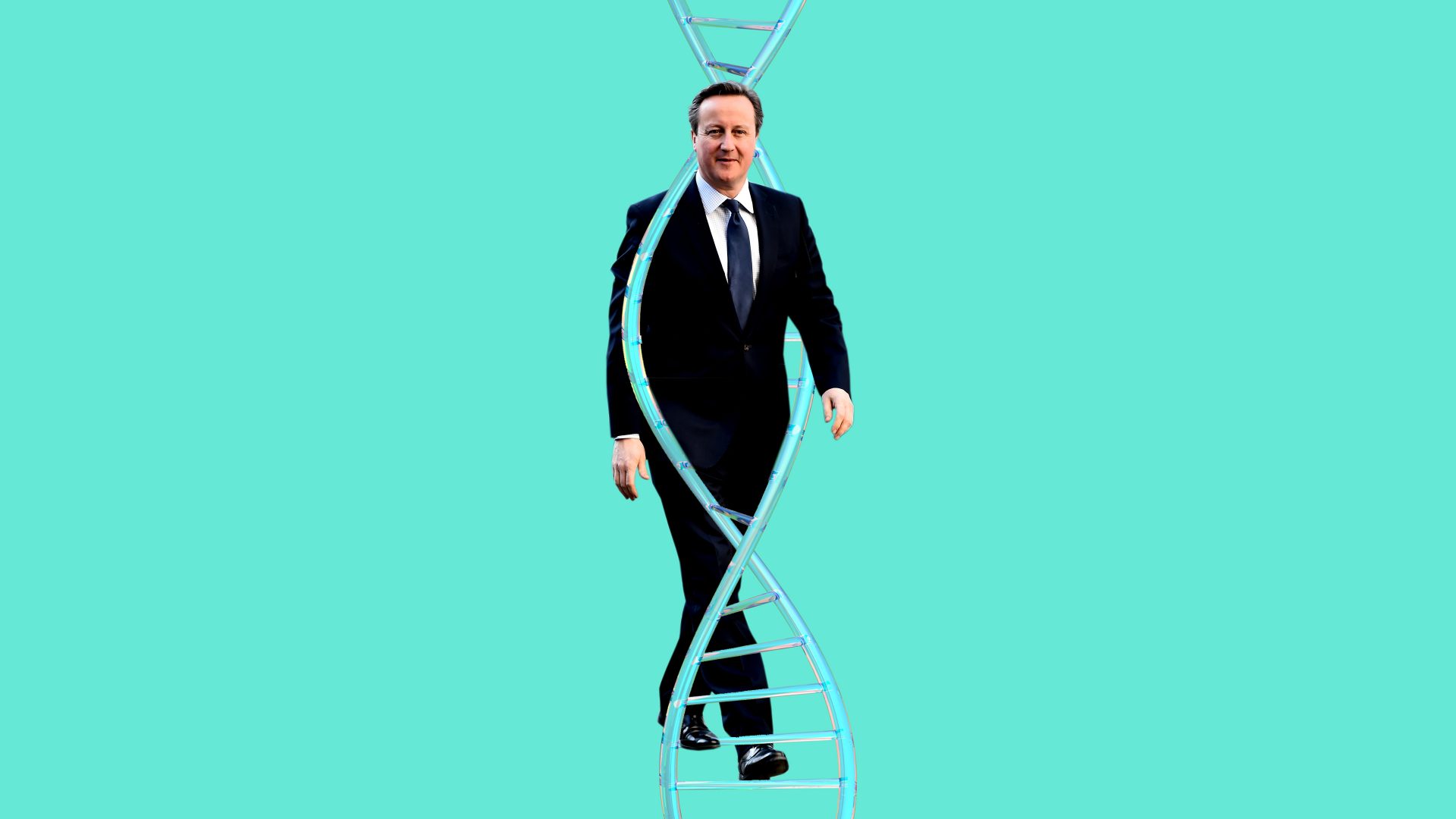Whatever happened to Genomics England? It was going to revolutionise healthcare by reading the genetic codes of 100,000 NHS patients, but, 13 years and £2bn of public money on, the project is struggling to justify its existence.
“It’s another of the big, distracting and ruinously expensive white elephants of the Tory years,” one NHS manager tells Mandrake. “It has not delivered on the promises made, is still a huge burden to the public purse, and, from what I’m hearing, it’s about to be sold off to a private company, who’ll only be interested in exploiting its data. That will be a betrayal of the trust of all the NHS patients whose genetic codes it now has.”
The story of Genomics England began in 2011, when David Cameron, as prime minister, summoned the life sciences champion Prof Sir John Bell to No 10 to give a talk on genetics and its value to the NHS and public health. With Prof Bell reckoning it would set the taxpayer back by no more than £50m, the Genomics England project was born and a company of that name was formed in 2013 with Prof Bell as a non-executive director. The plan was for the company to be owned by the Department of Health because it was simply too groundbreaking a project for the NHS to handle.
A number of private companies tendered to undertake the genetic sequencing, and Illumina and Complete Genomics were judged the most competitive. They both offered similar deals, but it was Illumina that was awarded the lucrative contract.
In 2017, after resigning as PM, Cameron joined Illumina as a consultant and chair of its international advisory board on an undisclosed salary. When taking up his appointment with Illumina, Cameron informed the advisory committee on business appointments that to his knowledge he had no direct meetings with Illumina during his period in office.
Cameron was advised that he should not draw on any privileged information available to him in government within two years of leaving office and should not provide advice to any company or organisation on any bid or contract relating directly to the work of the government. Furthermore, Cameron should not, within the two-year period, become personally involved in lobbying the government on behalf of Illumina or its partners. He was told not to contact ministers or officials to discuss issues relating to genomics unless invited to do so by the government.
In April 2019, just outside of the two-year rule, Cameron wrote to Matt Hancock to “strongly” endorse an invitation from Illumina to him as health minister to attend a genomics conference. Hancock obediently turned up at the Four Seasons Hotel in Hampshire in September 2019 to be greeted by Cameron and Illumina executives. Following this, Illumina was awarded a follow-on contract relating to Genomics England worth £123m, although Hancock has since insisted “all normal processes were followed”.
In January 2021, Cameron congratulated the then vaccine minister Nadhim Zahawi by text on the news that Britain would use its genomics expertise to help identify new variants of Covid-19 in poorer countries. Following this, Zahawi invited Cameron and Illumina to a briefing, and, two months later, a £1.3m contract was given to Illumina.
Happily, the Office of the Registrar of Consultant Lobbyists has concluded that Cameron has not conducted any unregistered consultant lobbying for Illumina. The body invoked the very handy “incidental exception rule,” which states that “if (a) the person carries on a business which consists mainly of non-lobbying activities, and (b) the making of the communication is incidental to the carrying on of those activities”. Such a ruling does not appear to consider any other activities of Cameron and appears to contradict the aim of the ORCL, which is to strengthen transparency within the government lobbying sector.




